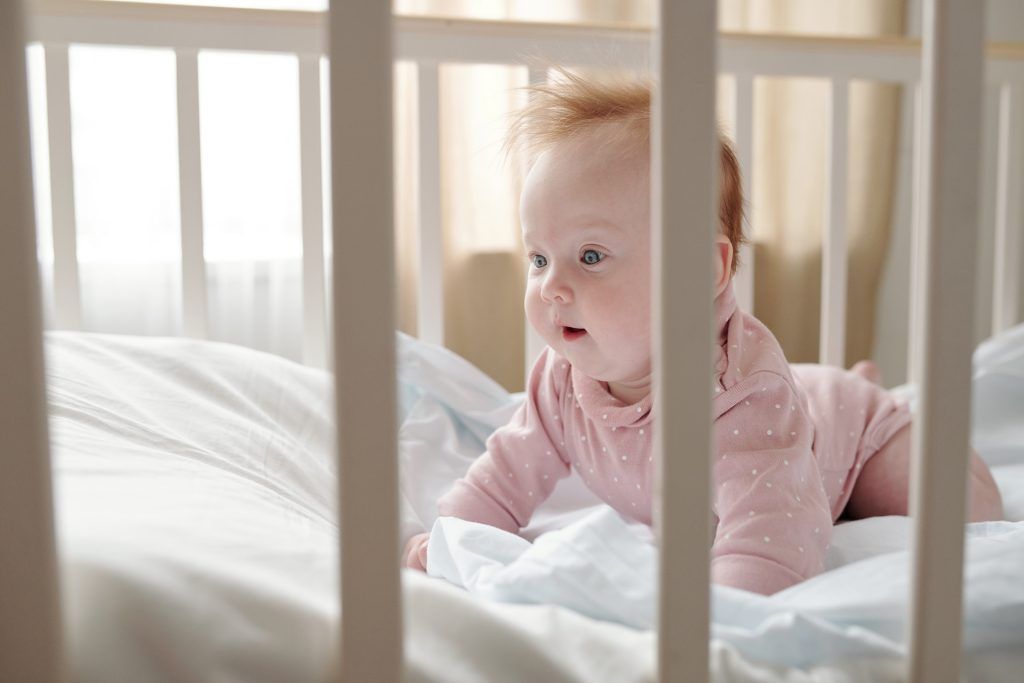As they develop physically and mentally quickly, infants need a good night’s rest to maintain their health and capacity for play. Please help your child get the sleep they need by encouraging healthy sleep habits, including regular bedtimes and a calm, safe sleeping environment. To develop a healthy infant sleep schedule, one must regularly engage in actions and routines that increase the likelihood of restful sleep.

Contents
The Amount of Sleep a Youngster Needs
How long does an infant sleep? Newborn sleep schedules vary from one another. By the time a baby is a month old, it typically sleeps 14 to 17 hours per day. Your infant’s sleep schedule will shift over time, with long durations of sleep at night and shorter naps throughout the day.
A toddler’s average daily sleep need is 11-14 hours. Most of it should occur at night, although a daytime nap may also be necessary. Although every child is different, it’s best to limit naps to no more than two hours in the afternoon to prevent them from interfering with bedtime at night. Age-appropriate sleep for elementary school students is 9-11 hours.
Give your kids a better night’s sleep
- Ensure your infant isn’t hungry before sleep by feeding them a light meal. If your baby is tired but not yet sleeping, put them in the cot.
As a result, they can learn to go to sleep without help. A baby should always sleep on its back. The safest position for a baby in a crib is on its back. Keep doing that till they reach the age of one.
- Establish a bedtime habit and infant sleep schedule plan that you stick to. Your kid needs to establish a regular bedtime routine. Feeding, bathing, reading, quiet music, etc., are great options for bedtime rituals. If your infant needs a pacifier to sleep, you can provide one.

How do you put an infant to sleep?
To make that occur, consider the following recommendation:
- A newborn may pick up on environmental factors that indicate it is time for bed. Turn off all electronics and turn the lights at least 30 minutes before bedtime.
A child’s internal clock can only be set with the proper lighting. To accelerate this development, keep the lights dim at night and expose your kid to bright light in the morning.
- When you put your sleeping infant in bed, they may not be able to go back to sleep on their own if they awaken throughout the night, as happens to everyone. Baby should be sleepy but alert when you put them down.
The primary objective of newborn sleep schedule training is for the trainee to develop the ability to self-soothe and initiate or resume sleep without external assistance.

Conclusion
Any grownup who has struggled to fall or stay asleep will attest to the importance of developing healthy sleep routines (such as relaxing before bed and making your bedroom a calm and restful place). Teaching your infant a sleep schedule will benefit them for the rest of their lives.
Many parents begin sleep training their newborns between the ages of four and six; these routines can help pave the way for a smooth transition. Please visit Deecyda if you are looking for the best children’s care and learning center.
References
https://medlineplus.gov/ency/article/002392.htm
https://www.alaskasleep.com/blog/getting-kids-to-bed-on-time-tips-tricks-guidelines


